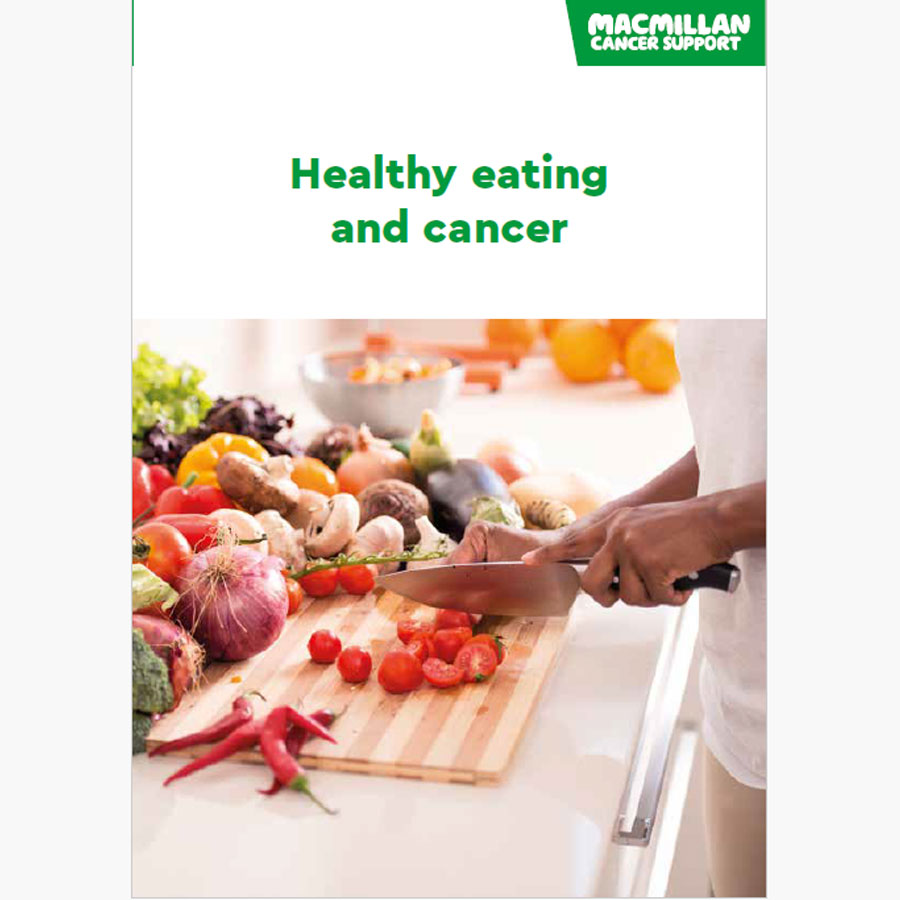Preparing for bowel cancer treatment (prehabilitation)
Preparing for treatment (prehabilitation)
Your doctor and nurse might talk to you about preparing for your treatment for bowel cancer. This is sometimes called prehabilitation. It helps you to improve your fitness, health and well-being before treatment. This can help you to recover more quickly. It might also help your treatment to work better.
Bowel cancer is a general term for cancer that starts in either the colon or rectum. It might sometimes be called colorectal cancer.
Prehabilitation is often suggested if you are having surgery. But if you are having treatment for rectal cancer it is also useful if you are starting radiotherapy or chemotherapy, or having both treatments together (called chemoradiation).
Even if your treatment is starting a few weeks after your diagnosis, improving your general health can make a difference. It can help you to feel you are doing something by being involved in your cancer treatment.
Some hospitals have specific programmes for prehabilitation to support you. You might see different health professionals, such as a clinical nurse specialist, a dietitian, a physiotherapist or counsellor, or a psychologist. This is called a multidisciplinary team (MDT).
Enhanced recovery programmes
Enhanced recovery programmes are similar to prehabilitation. They also aim to reduce the time you spend in hospital after surgery and speed up your recovery.
As part of an enhanced recovery programme, you will be given information about diet and exercise before surgery. You may also be given nutritional drinks to take before surgery.
Your emotional well-being
A diagnosis of cancer is often overwhelming. Talking about how you feel to family and friends, or to your cancer team, can make a difference.
Some people find joining a cancer support group helpful. Your hospital may have a Macmillan Information and Support Centre or similar service.
Related pages
Stopping smoking
Try to stop smoking as soon as you can before treatment. Even stopping 2 to 3 weeks before surgery, and not smoking afterwards, reduces your risk of complications. Your wounds are more likely to heal more quickly and your stay in hospital may be shorter.
Stopping smoking increases the chances of radiotherapy and chemoradiation working better. It also means side effects are likely to be less severe.
It can be very difficult to stop smoking, especially when you are stressed.
The NHS has a lot of information and support to help you give up smoking. Look on the NHS website for the country where you live.
We also have information about stopping smoking.
Changes to your diet before surgery
Eating a healthy and varied diet before surgery treatment can improve your well-being. It can help you to have more energy.
A dietitian may give you specific advice to follow. We have more information on diet and cancer.
Booklets and resources
Exercises to improve fitness
You may be asked to do exercises to improve your heart health and make your muscles stronger. Being fitter may help you to cope with treatment side effects and reduce the risk of complications after surgery. You can even improve your fitness in a few weeks by doing regular exercise, such as walking.
We have more information about physical activity and cancer.
Alcohol
If you drink alcohol, it might help to cut down or stop before your treatment. Try to make sure you are staying within the recommended guidelines.
We also have information about reducing the amount of alcohol you drink.
About our information
This information has been written, revised and edited by Macmillan Cancer Support’s Cancer Information Development team. It has been reviewed by expert medical and health professionals and people living with cancer.
-
References
Below is a sample of the sources used in our bowel cancer information. If you would like more information about the sources we use, please contact us at
informationproductionteam@macmillan.org.uk
National Institute for Health and Care Excellent (NICE). Colorectal cancer. NICE guideline [NG151]. Updated December 2021. Available from: www.nice.org.uk/guidance/NG151 [accessed Jan 2023].
Cervantes A, Adam R, Rosello S, et al. Metastatic colorectal cancer: ESMO Clinical Practice Guideline for diagnosis, treatment and follow-up. Annals of Oncology. 2023;34(1):10-32. Available from: www.annalsofoncology.org [accessed Jan 2023].
Date reviewed

Our cancer information meets the PIF TICK quality mark.
This means it is easy to use, up-to-date and based on the latest evidence. Learn more about how we produce our information.
The language we use
We want everyone affected by cancer to feel our information is written for them.
We want our information to be as clear as possible. To do this, we try to:
- use plain English
- explain medical words
- use short sentences
- use illustrations to explain text
- structure the information clearly
- make sure important points are clear.
We use gender-inclusive language and talk to our readers as ‘you’ so that everyone feels included. Where clinically necessary we use the terms ‘men’ and ‘women’ or ‘male’ and ‘female’. For example, we do so when talking about parts of the body or mentioning statistics or research about who is affected.
You can read more about how we produce our information here.






